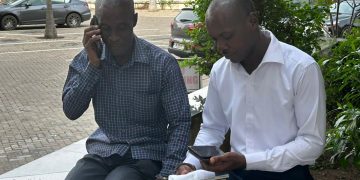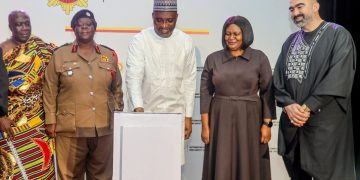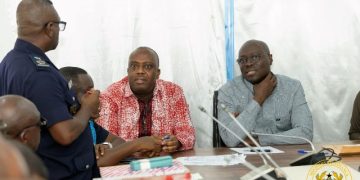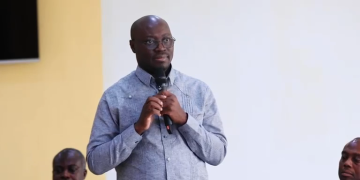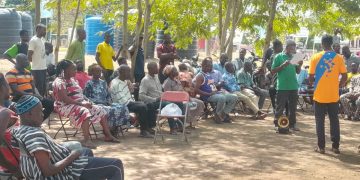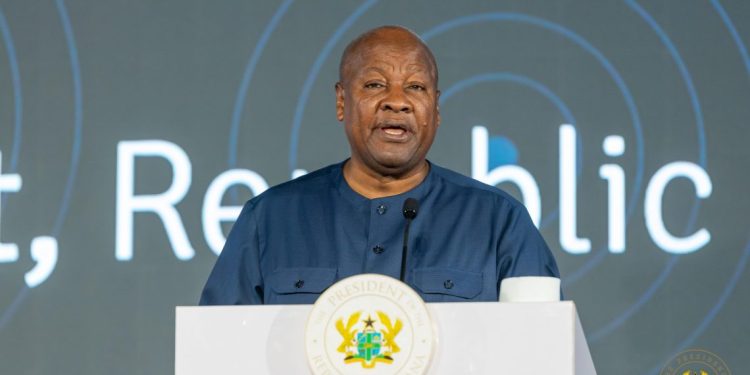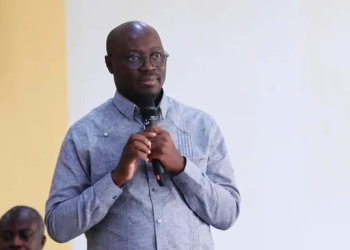President John Dramani Mahama has assured Ghanaians that his government is making steady progress in its fight against corruption, disclosing that over 200 cases are currently under active investigation by state institutions.
Speaking at a wide-ranging media encounter at the Jubilee House on Wednesday, the President emphasized that accountability and transparency remain central to his administration’s governance philosophy.
He said that while the public may not always see immediate prosecutions, a great deal of meticulous work is being done behind the scenes to ensure justice is delivered.
“What you are witnessing is not inaction. It is our steadfast adherence to due diligence, due process, and fairness in the pursuit of justice. Yes, our insistence on doing things the right way may afford those who have looted this country some temporary relief. But let me be clear, it will not grant them permanent escape,” President Mahama declared.
He revealed that so far, about 80 individuals have been interrogated, and several high-profile prosecutions are already underway.
Among the ongoing cases are the Republic v. Adu Boaheng and three others, where witness statements have been filed and the trial has commenced; the SkyTrain project case; the National Service Authority case; and matters relating to the National Cathedral.
Draft charges have also been prepared against individuals linked to the Akonta Mining case and other questionable financial dealings.
The President highlighted the role of the Economic and Organized Crime Office (EOCO), which is finalizing its reports on the Exim Bank transactions, while the Auditor-General conducts a forensic audit into expenditures on the controversial National Cathedral project.
Other dockets are also being prepared on the Buffer Stock and Drip Equipment cases, alongside nearly 20 other matters involving the alleged misuse of state resources.
In line with his government’s determination to institutionalize the fight against graft, President Mahama announced the launch of a Code of Conduct for Public Officials and the inauguration of a high-level working group tasked with drafting a new national anti-corruption strategy.
According to him, this framework will strengthen ethical governance, promote integrity in public service, and improve coordination among anti-corruption agencies.
“This government is committed to a new culture of accountability where the law is applied without fear or favor. Every single case of corruption that needs to be investigated is being looked into, and once evidence is found to ground the prosecution, that will happen, and it will happen swiftly,” he assured.
The President’s remarks come at a time when public expectations for accountability remain high following years of reported scandals across state institutions. Civil society organizations and anti-corruption campaigners have consistently called for tougher action to recover stolen funds and punish offenders.
Source: www.kumasimail.com


